When I was growing up, my parents bought a brand-new car every 2-3 years. They always paid cash and they always got top dollar for their trade-ins. My dad credited his ability to get top-dollar to the fact that he was a stickler when it came to maintaining his car and performing the recommended preventive maintenance. Like clockwork, every 3000 miles, he changed the oil. He carried a tire pressure gauge in the glove box and kept detailed records of every service provided – regardless of if he performed the service or took it to the dealership or other auto shop.
He knew that a well-maintained vehicle held its value better than the average vehicle and he could use that as a bargaining chip when it came to the new car purchase negotiations.
So, what does my dad’s story have to do with commercial equipment financing? The same philosophy my dad employed with his cars also applies to maintaining heavy equipment.
TL;DR Proper equipment maintenance extends the life and value of your equipment, reduces lifetime costs, improves efficiency, and increases uptime, all allowing you to preserve equity and use the equipment for working capital.

5 Advantages of Proper Equipment Maintenance
- Increases equipment up-time
- Enhances efficiency when running
- Reduces overall costs
- Improves the lifespan of the equipment
- Maintains the value of the equipment

General Operating Improvements
The first three bullets in the above list apply to the general day-to-day operations of your business. If your equipment is well maintained, it’s less likely to breakdown, which leads to increased uptime, more working hours for the equipment, fewer repair costs, and therefore increased revenue.
Well-maintained equipment runs more efficiently – that goes for almost any type of machine – automobile, machine tool, hand-tool, industrial equipment, etc. Clogged air filters cause the mechanisms to work harder to achieve the same results. Dirty oil doesn’t keep an engine as well lubricated as clean oil. Worn belts slip and hoses develop leaks resulting in increased fluid usage. All these produce operational inefficiencies which can negatively impact run time, decrease output or performance, and increase costs.
Increased up-time and improved efficiency mean more hours of operation and more effective operation during hours worked. This results in increased revenue. Reduced operating costs – general cost to run equipment, cost of replacement and repair of equipment and parts, cost of potentially lost productivity – reduces overall expenses. This can mean big differences to a business’ bottom line. If you are operating a fleet of equipment, the difference is compounded.
Enhanced Equity and Borrowing Power
The last two bullets in the list above address the equity in the equipment. If the equipment is well-maintained, it has a longer usable life and retains its value longer. If the usable life of a piece of equipment can be extended by 3-5 years, that’s 3-5 years of additional revenue from that same machine.
Well maintained equipment can also be an advantage when a company seeks commercial equipment financing. When a business needs to borrow money – whether to purchase or lease equipment, consolidate debt, or get a cash-out loan to fund business operations – using equipment as the collateral on that loan can be highly beneficial. An equipment finance company that specializes in asset-backed (collateral) loans, will look at the equity in that equipment to help assess your borrowing power. The higher the equipment value and the more equity you have in your equipment, the greater your borrowing power.
Of course, there are many considerations that come into play when assessing the value of a used piece of equipment (for example: age, options, accessories, hours of service), but a well-maintained unit could significantly improve your borrowing capacity and could have positive impact on your ability to obtain financing, grow your business or navigate unexpected conditions.
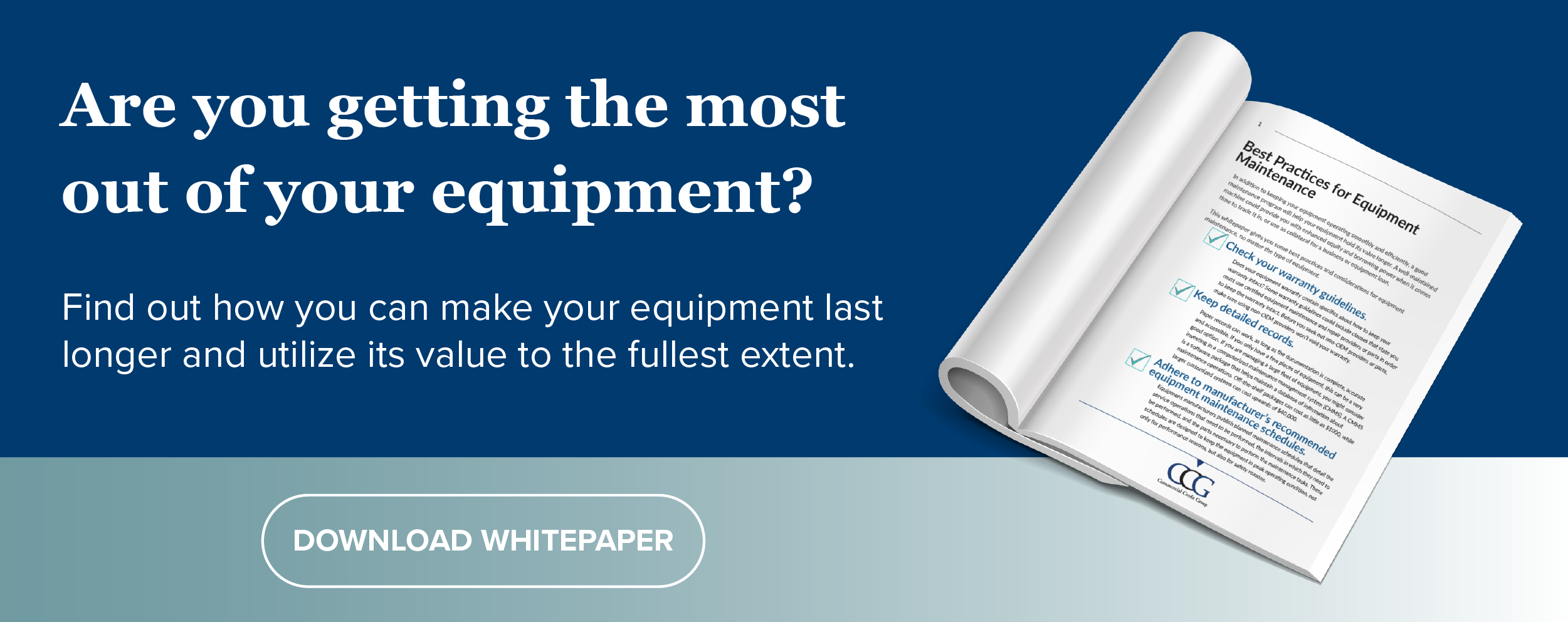


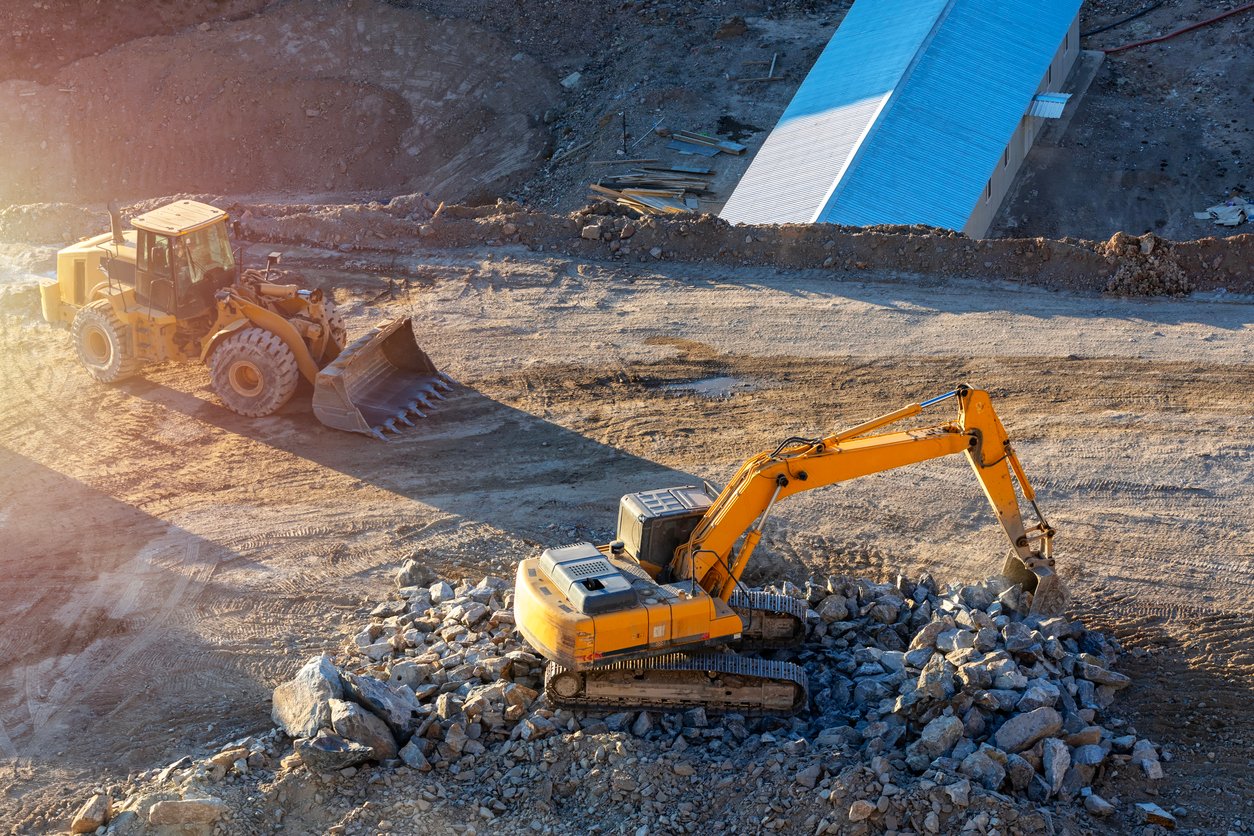





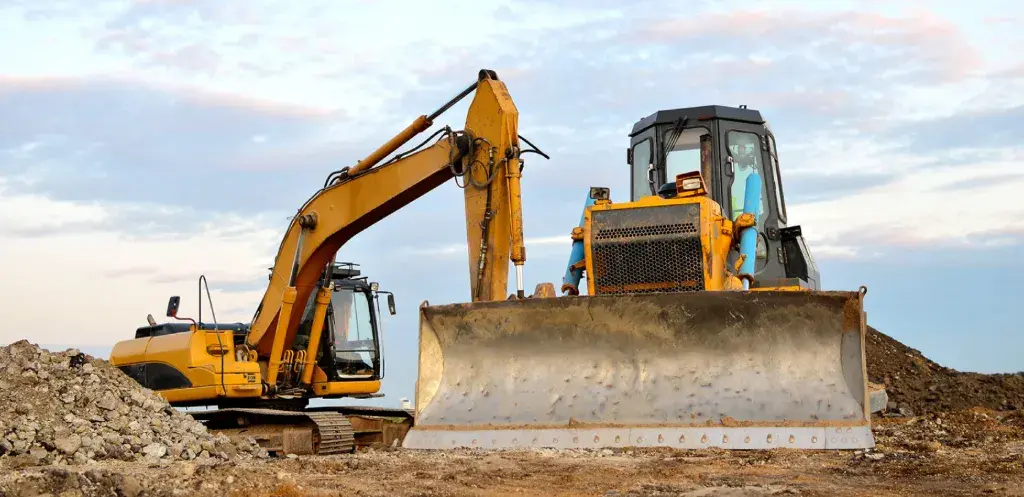


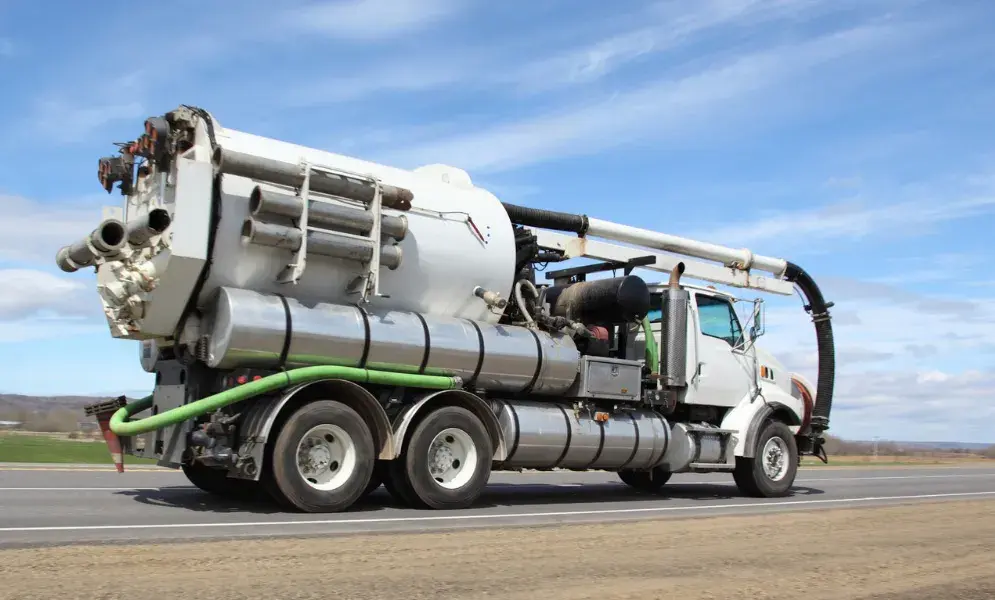





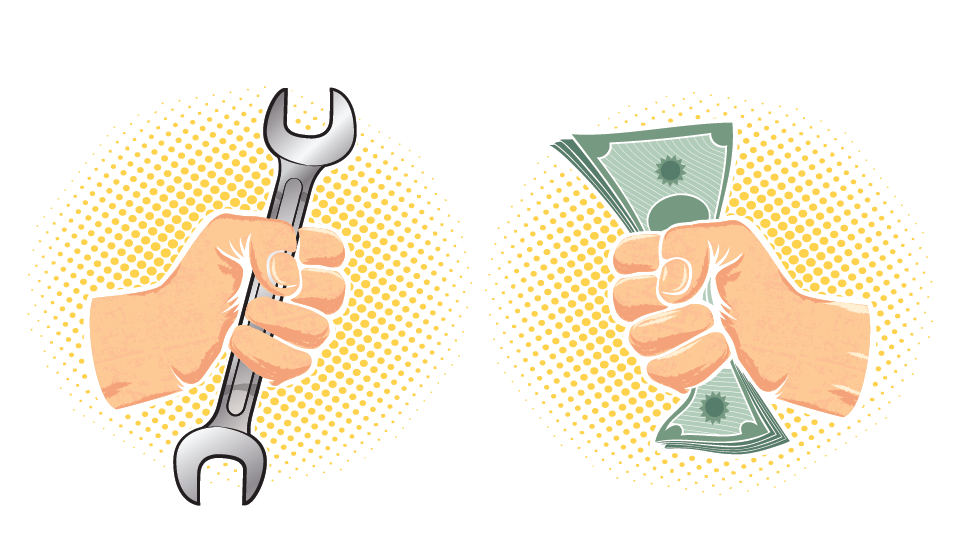





.jpg)

